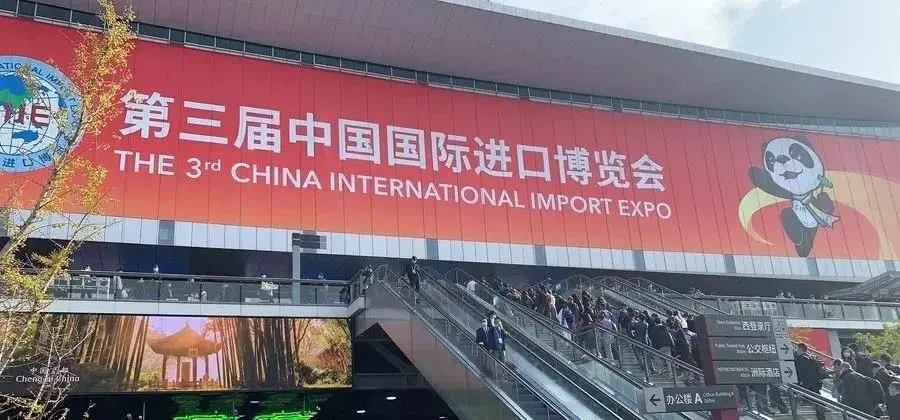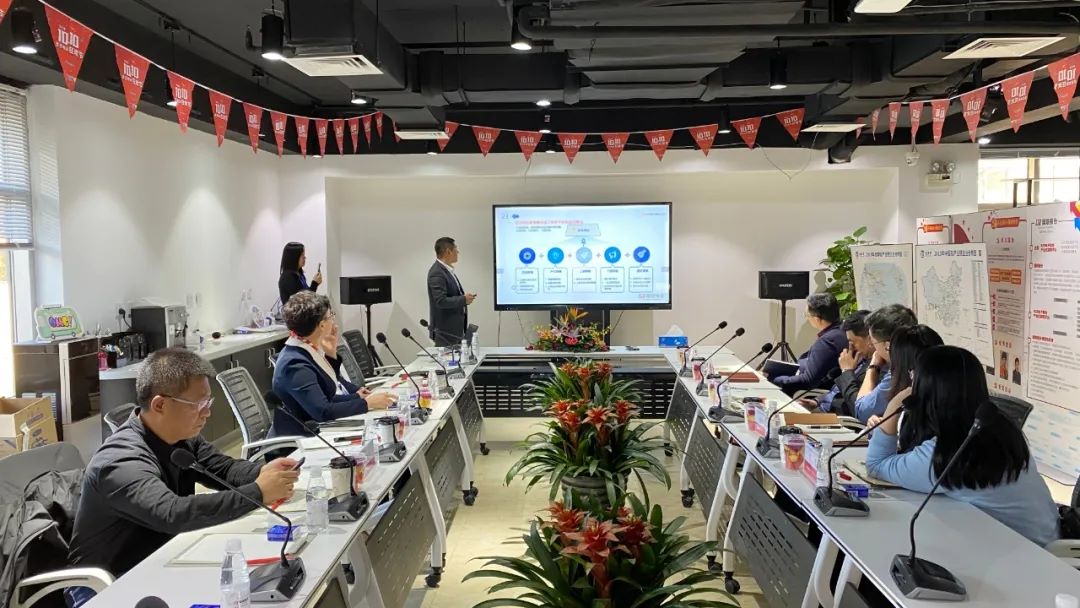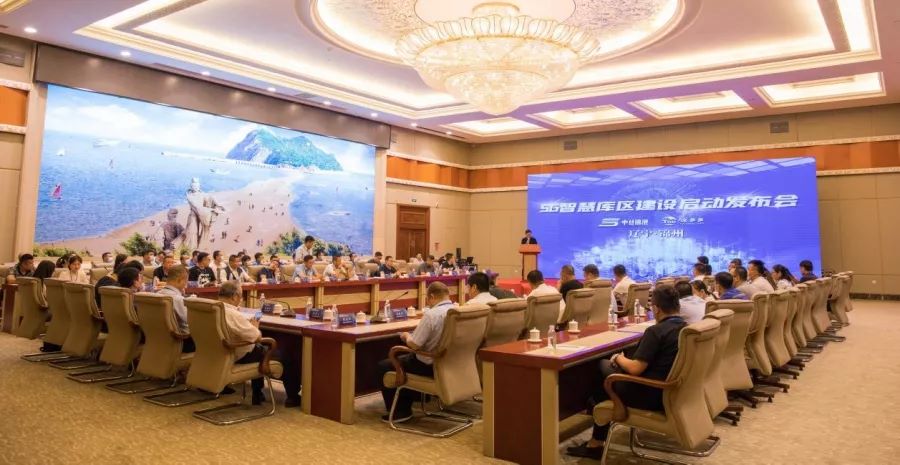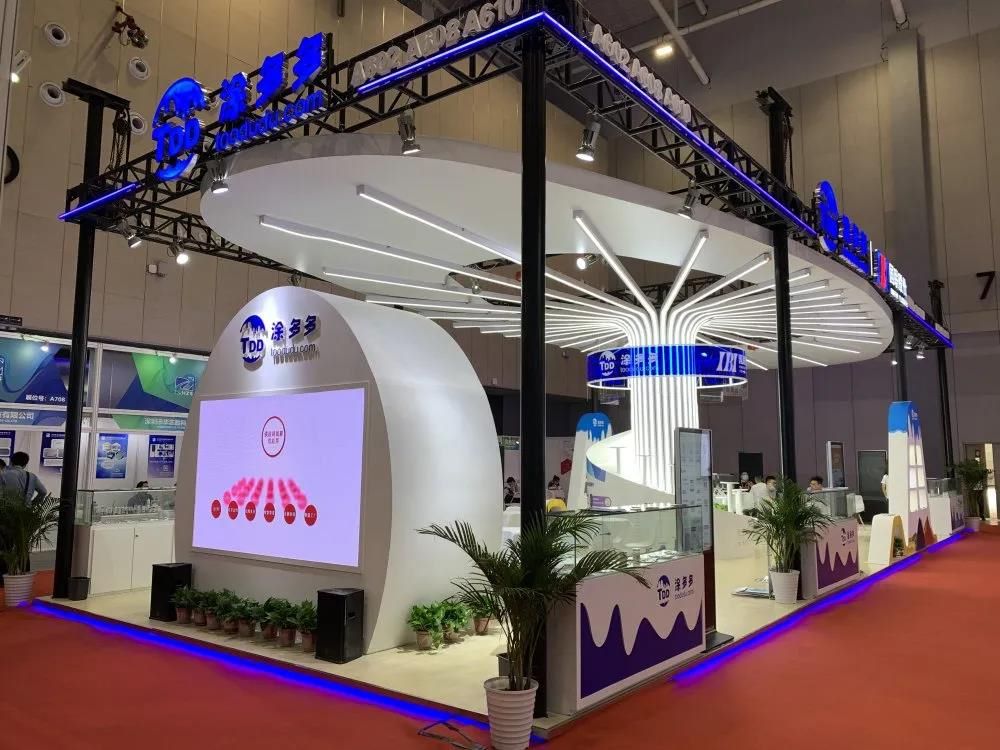More than 80,000 tires recalled due to missing quality and sidewall information(December 18, 2024)
Is tire recall a bad thing?
Of course not!
The tire manufacturing process is complicated, and it is difficult to guarantee that there will be no mistakes when the order volume is large (especially in some processes that require manual labor). These errors are generally detected in the routine review of tire companies and they actively request recalls to avoid accidents.

Some are that there is no problem with the tire itself, but the tire is not compatible due to car design problems. As of December 15, 2024, at least more than 80,000 tires have been recalled worldwide.
Manufacturing defects, more than 20,000 tires have been recalled
In June 2014, Indian tire manufacturer Apollo Tires discovered that it may have used problematic raw materials in its tire factory in Hungary from March 3 to 9, 2024. This also means that this batch of tires may be separated due to problems with raw materials,
increasing the risk of vehicle driving. Therefore, according to the regulations of the National Highway Safety Traffic Administration (NHTSA), it recalled a total of 194 tires including Vredestein Hitrac, Quatrac and Quatrac Pro+ tires.
In July, Toyota also issued a recall order for the entire vehicle due to tire quality issues.
The recall order pointed out that the 20-inch tires equipped with the 2021 to 2024 Toyota Highlander SUV models, including L, LE and XLE models, had load problems (insufficient load capacity), and there was a risk of tire blowout during driving. However, there were no accident reports before the recall order was issued, so the recall was just a precaution. However, all 4,763 vehicles of the three models were still recalled.
In August, Continental USA also recalled its specific models of tires due to safety issues. The first batch of recalled tires had a recall ID number of 24T008 from the National Highway Traffic Safety Administration (NHTSA), which was a HDL2 DL+ tire with a specification of 11R24.5. The reason for the recall was the presence of an undefined rubber compound. This problem in the manufacturing process may cause abnormal tire pressure and may cause the vehicle to lose control during driving.
The second batch of tires that need to be recalled, with the recall ID number 24T009 from the National Highway Traffic Safety Administration (NHTSA), are ProContact GX AO tires with a specification of 255/35R19. These tires have design defects, which may cause tire overheating, tire separation, and abnormal tire pressure, causing the vehicle to lose control during driving.

In October, Pirelli announced the recall of certain motorcycle tires including Scorpion Trail II, Metzeler Tourance Next and Next II. The total number of recalls is 3,093. The recalled tires may experience irregular wear and local tread deformation after a certain mileage, and these wears may cause tread layer shedding and abnormal tire pressure.
However, Pirelli said that after discovering the problem, they will introduce an improved tire structure as a solution to this problem to ensure subsequent driving safety.
In addition, in November, Sumitomo Rubber America LLC began to recall 150 tires manufactured due to the use of incorrect cord materials. The recalled tires are Falken Wildpeak AT4W tires, size 275/60R20 115T. Due to a manufacturing oversight, some of these tires may have been made with one layer of nylon and one layer of polyester instead of the two layers of polyester indicated on the tire sidewall.
Four leading tire companies issued recall orders due to sidewall problems
In addition to quality issues, as in previous years, missing sidewall information and incorrect engraving are the main reasons for each company to issue tire recall orders.
In 2024, Goodyear issued two tire recall orders in the United States, both of which were related to missing sidewall information.
In the second quarter, Goodyear recalled 82 G622 RSD tires with a specification of 225/70R19.5 LRG because the tire identification number (TIN) that needed to be engraved was missing, that is, the 4-digit code for the production cycle and year was missing.
In September, Goodyear recalled the LT265/75R16 Hercules Terra-Trac AT X-Venture tires again due to the same problem.
The missing sidewall information engraving does not meet the requirements of Federal Motor Vehicle Safety Standard No. 574-the missing tire identification number (TIN) will make the identification of tires complicated.
In addition to Goodyear, in June, Hankook Tire USA also announced the recall of some of its 235/60R18HH436Kinergy GT tires due to the lack of 4-digit week and year code marks on the tire identification number (TIN).

In October, Michelin Tire North America, Inc. announced the recall of 46 XVS and TRX specialty tires due to the lack of DOT certification on the sidewall. These tires were manufactured in factories outside the United States between May 1, 2019 and October 9, 2023.
Every year, tire companies announce recalls due to incomplete and incorrect DOT information, incorrect TIN identification number information and other sidewall marking errors. Can such problems be avoided? If it was before, it was difficult!
But now it is different! Smart manufacturing equipment from China provides a solution!
Sidewall problems, Goud solves them in one move
Traditional sidewall engraving technology often requires manual replacement of steel tickets and cycle cards, so errors are difficult to avoid. A recall may involve thousands or even tens of thousands of tire products. Although timely recalls when problems are found are a manifestation of tire companies' responsibility for their products. However, recalls of hundreds or tens of thousands of tires currently also mean huge financial losses for tire companies.
In order to help tire companies reduce the failure rate, Shanghai Goud Intelligent Technology Co., Ltd., in conjunction with SICK, a world-renowned intelligent sensor solution provider, and Shanghai Xinshida Robotics Co., Ltd., which has a core autonomous control system, jointly developed a robot intelligent laser engraving workstation.

The robot laser engraving process using a new AI algorithm replaces the traditional process of cycle cards and steel tickets that consumes a lot of materials, labor and error correction costs; it can achieve accurate calibration of sidewall information labels, and achieve accurate and efficient sidewall engraving, meeting the high requirements of tire companies for efficient, precise and reliable sidewall marking in industrial production.
At the same time, laser engraving technology, which integrates advanced technologies such as robots, lasers, and 3D visual perception, perfectly solves the problems of extrusion, deformation, and tire curvature compensation in tire production, and completes the sidewall logo engraving more efficiently.
Nearly 50,000 tires recalled due to car design errors
Of course, more than 50,000 tires were recalled this year due to the mistakes of car companies.
In the last week of March 2024, Ford announced that it would recall 1,902 2023-2024 Ford Transit Trail vans. The recall order shows that due to vehicle design problems, the tires will wear under certain circumstances and cause failures. The recalled tire size is 30 inches.

Before issuing the recall order, Ford received four complaints related to the Ford Trail Transit-owners said they heard strange noises while driving the car. Ford then launched an investigation, and after a series of assessments, it was found that the problem was with the Trail model of the Ford Transit. The front wheels of this car made friction noises with the wheel wells.
However, this friction noise is a common problem when installing larger tires. Therefore, when designing vehicles that need to be installed with larger sizes, automobile OEMs will pay special attention to the fit between the tire size and the wheel well. Therefore, Ford directly blamed the third-party contractors it hired for the tires' friction with the front wheel arch pads and body flanges under certain circumstances.
In October, Toyota Motor North America's recall was also for the same reason. If we only look at the recall order, more than 12,000 vehicles were recalled because of possible damage to the tire sidewalls on the passenger side of Tundra and Sequoia vehicles.
But in fact, what really caused the damage to the tire sidewalls was the roller guides during the vehicle production process. The recalled tires are 265/75 R18, 265/60 R20, 265/50 R22, 285/65 R18, 245/75 R18, and 265/70 R18. Tires from Japan's three major tire manufacturers are among them.
- A variety of ultra-high performance tires compete702
- Lubricant and tire prices soar due to tariffs965
- The more difficulties we face, the more courageous Chinese tires are1015
- Domestic and international rubber market situation on April 17, 20251037
- Cognitive breakthrough of tire safety technology: from single reliance to system construction970









